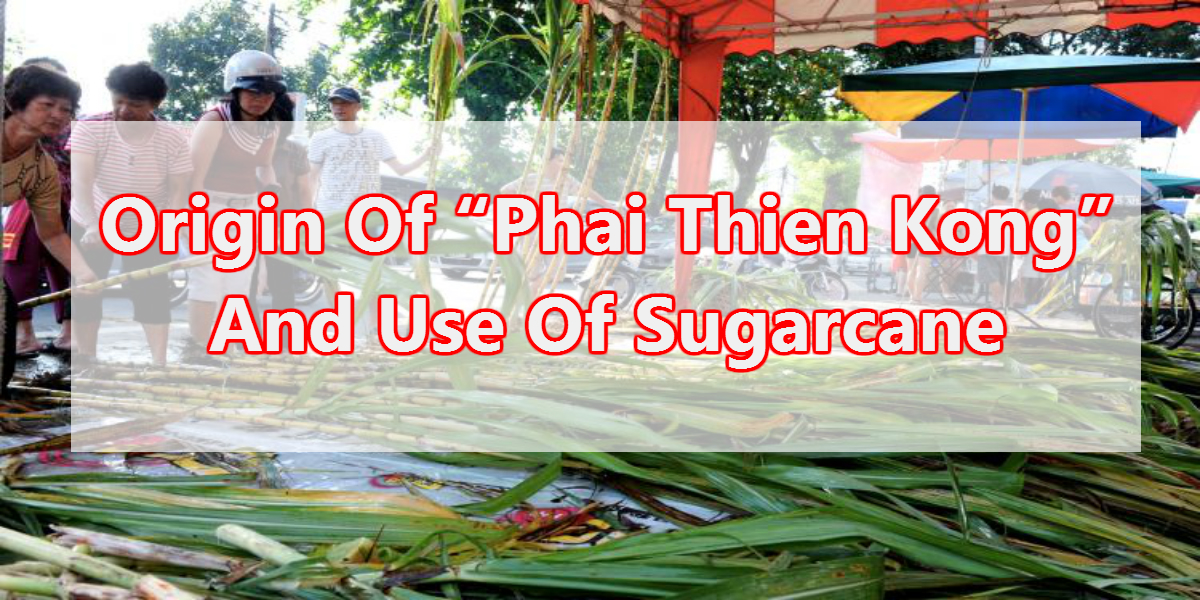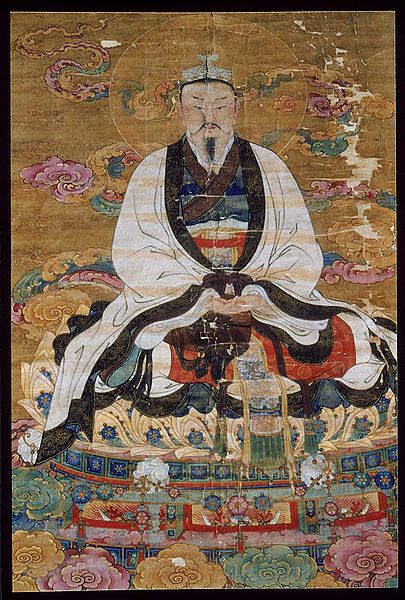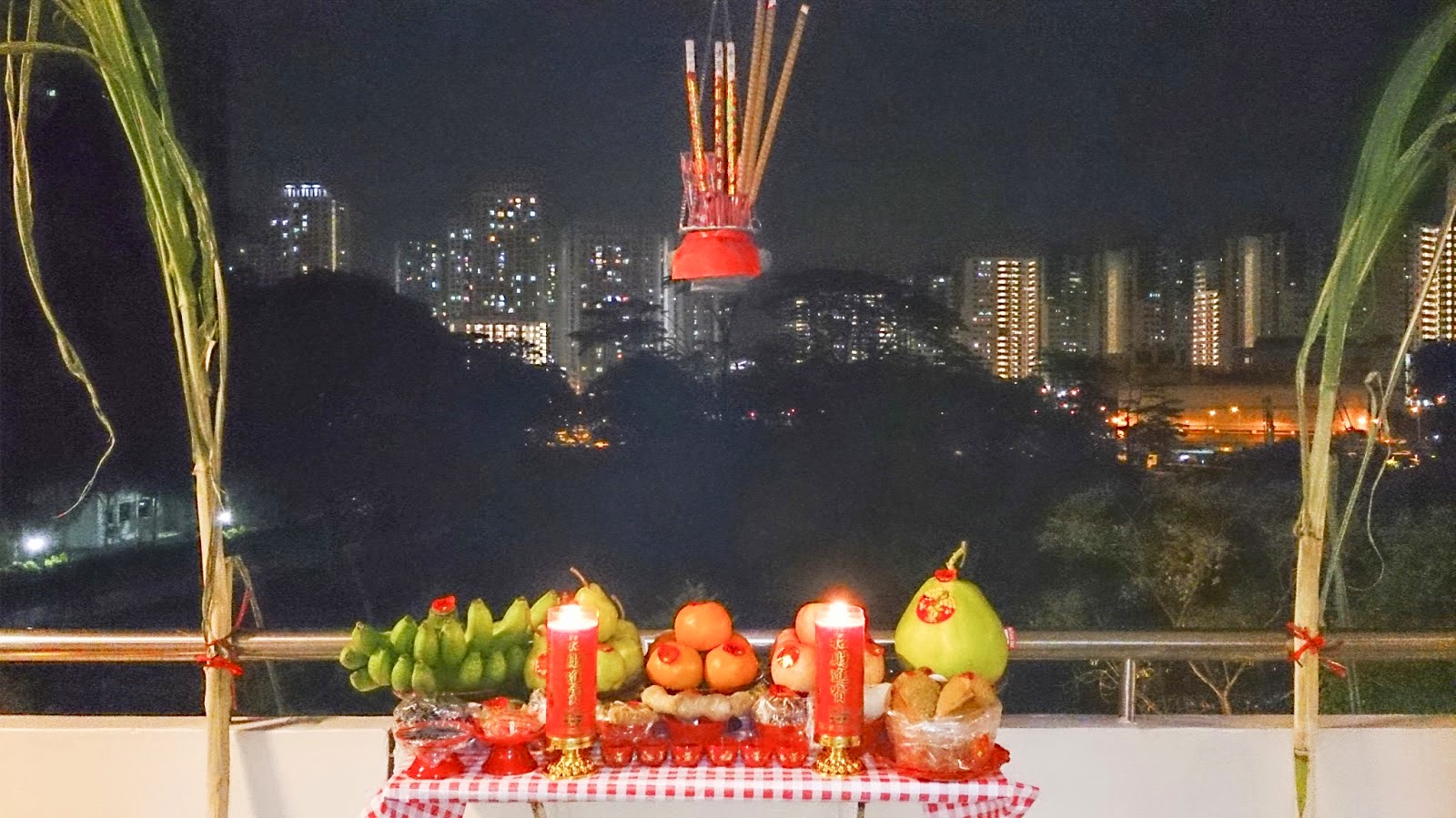
Origin Of “Phai Thien Kong” And Use Of Sugarcane
On the 9th day of the first month of Lunar calendar, it would be the special celebration known to Hokkien people as the “Phai Thien Kong” which literally means “praying the Heaven God”. This day is especially important to Hokkiens because they believe it is the birthday of the Jade Emperor (Thien Kong) who protected the ancestors of Hokkien people from ruthless army in ancient China.

During the Song Dynasty (Mongol dynasty) most of the clans in Southern China (Fujian, Henan, Zhejiang) were heavily repressed and lived under great fear of the Mongols. The Hokkien clan were constantly at the mercy of the Mongols who attacked and hunted them, because the Hokkiens are seen a threat to the empire.

The Hokkiens then fled to the Henan province where sugarcane plantations were in abundance. Though many were killed by the pursuing Mongols, a group of Hokkiens managed to hide hemselves among the sugarcane plants. The pursuing Mongols searched the area for days but never located the remaining Hokkien
The Mongols eventually gave up and returned to their base. On the ninth day of the Chinese calendar, the Hokkiens happily emerged from their hideout praising the celestial deities for saving them and believed that the Heavenly God had protected them. Thus, from then on, in all Hokkien celebrations, the sugarcane plant is given special prominence.

That is why the Ninth day is regarded as the day of salvation by the Hokkien community. As offering to the Heavenly God, a pair of sugarcane plants is usually placed, one on each side of the offering table. The pair symbolises unity, cooperation and strength. Sugarcane symbolises harmony, which brings all good outcome. The straightness of the sugarcane stems to ensure that the Hokkiens become a clan of honest and sincere people; the cane stalk with multiple nodes symbolises continuous growth.

Now you know why sugarcane is used during the 9th day of Lunar New Year!
Text by www.mypenang.my
Cover photo by Sin Chew Daily

